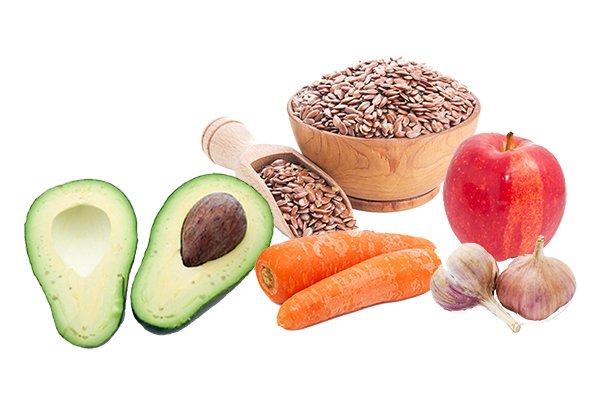When managing asthma, one crucial aspect is adhering to the best asthma diet. The right diet can support your overall health, reduce inflammation, and help control symptoms. Understanding which foods to include and which to avoid can make a significant difference in how you manage your asthma. This article will guide you through the best asthma diet, outlining beneficial foods and those you should steer clear of.

Foods to Include in the Best Asthma Diet
Anti-Inflammatory Foods
To support your asthma management, focusing on anti-inflammatory foods is essential. These foods can help reduce airway inflammation and improve respiratory health. Consider incorporating the following into your diet:
- Fatty Fish: Rich in omega-3 fatty acids, fatty fish like salmon, mackerel, and sardines have anti-inflammatory properties. Regular consumption can help lower airway inflammation and support overall lung function.
- Leafy Greens: Vegetables such as spinach, kale, and Swiss chard are high in antioxidants and vitamins. These nutrients help combat inflammation and support a healthy immune system, which is crucial for asthma management.
- Nuts and Seeds: Almonds, walnuts, and flaxseeds are excellent sources of omega-3 fatty acids and vitamin E. These nutrients help reduce oxidative stress and inflammation, making them beneficial for asthma sufferers.
Foods Rich in Antioxidants
Antioxidants play a vital role in managing asthma by neutralizing free radicals and reducing oxidative stress. Foods rich in antioxidants include:
- Berries: Blueberries, strawberries, and raspberries are packed with antioxidants and vitamins that help protect your cells from damage. Including a variety of berries in your diet can provide essential nutrients to support your respiratory health.
- Citrus Fruits: Oranges, grapefruits, and lemons are high in vitamin C, an antioxidant that helps boost the immune system and reduce inflammation. Regularly consuming citrus fruits can contribute to overall asthma management.
Hydrating Foods
Staying hydrated is crucial for managing asthma effectively. Proper hydration helps keep mucus thin and makes it easier to expel. Consider adding these hydrating foods to your diet:
- Cucumbers: High in water content, cucumbers help maintain hydration and support overall lung health.
- Watermelon: Another hydrating fruit, watermelon, is also rich in vitamins and antioxidants, which can benefit asthma sufferers.
Foods to Avoid in the Best Asthma Diet
Allergy-Inducing Foods
Certain foods can trigger asthma symptoms or exacerbate existing conditions. Identifying and avoiding these foods is essential for effective asthma management:
- Dairy Products: For some individuals, dairy products can increase mucus production and worsen asthma symptoms. If you suspect dairy might be a trigger, consider reducing or eliminating it from your diet and monitoring your symptoms.
- Food Allergens: Common allergens such as peanuts, shellfish, and eggs can provoke allergic reactions that may trigger asthma symptoms. If you have known food allergies, avoid these triggers and consult with an allergist for personalized advice.
Processed and Sugary Foods
Processed and sugary foods can contribute to inflammation and poor overall health. To maintain the best asthma diet, limit or avoid:
- Sugary Snacks: High sugar intake can increase inflammation and contribute to weight gain, which may exacerbate asthma symptoms. Opt for whole, unprocessed foods to support better asthma management.
- Processed Meats: Processed meats like sausages and bacon often contain additives and preservatives that can trigger asthma symptoms. Choosing fresh, unprocessed meats or plant-based protein sources is a healthier alternative.
Practical Tips for Adopting the Best Asthma Diet
Plan Balanced Meals
To ensure you are following the best asthma diet, plan balanced meals that include a variety of anti-inflammatory, antioxidant-rich, and hydrating foods. This approach provides a range of nutrients essential for managing asthma effectively.
Monitor Your Reactions
Keep track of how different foods affect your asthma symptoms. Maintaining a food diary can help you identify potential triggers and make necessary adjustments to your diet.
Consult a Healthcare Professional
For personalized advice on the best asthma diet, consult with a healthcare professional or a registered dietitian. They can provide guidance based on your specific needs and health condition.
Conclusion
In conclusion, adopting the best asthma diet involves incorporating anti-inflammatory, antioxidant-rich, and hydrating foods while avoiding known triggers such as dairy, common allergens, and processed foods. By making thoughtful dietary choices and monitoring your symptoms, you can better manage your asthma and support overall respiratory health.




